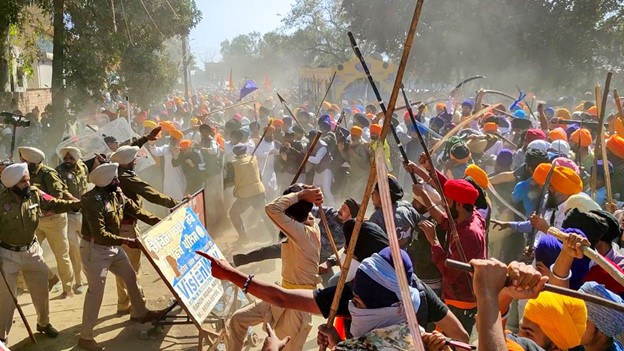
Punjab: On The Boil Again

Punjab—the land of saints and seers, the granary of India, nursery of the nation’s exceptionally gallant soldiers and outstanding sportspersons— appears to be once again, sliding to the brink of militancy largely attributed to religion-based secessionist motivations of a few extremists. That it is also fuelled by Pakistan’s sinister Inter Services Intelligence (ISI) and its well-funded stooges abroad brooks no elaboration.
It will be prudent to recall that in the late 70s, Pakistan’s military dictator President Gen Zia-ul-Haq had conceived his infamous K-2 strategy (Kashmir and Khalistan) to foment trouble in two of India’s strategic border states of Kashmir and Punjab. Since then, till date, Pakistan has relentlessly strived to plant the seeds of terrorism, religious strife and lawlessness in these border regions. That turmoil and militancy did affect Punjab also in the 80s cannot be denied. Ultimately, the patriotism of the sturdy Sikhs coupled with firm handling by the Centre and state governments and embellished by strong and effective state police leadership under officers like Julio Ribeiro and KPS Gill had curbed the insurgency in Punjab. Those dark days did throw up vital lessons for all stakeholders to imbibe and implement to prevent such recurrences. But as usually happens with most establishments, a sense of déjà vu takes over till the next crisis occurs! The current state in Punjab is no exception.
Background: Khalistan Movement
It will be prudent to briefly scan the past regards the emergence of the Khalistan Movement in the last many decades. Basically, this Movement is a fight for a separate sovereign Sikh state in present day Punjab (both India and Pakistan). However, this idea germinated since India’s independence but remained alive with very few of the populace and without any popular support till the early eighties. In the 60s and 70s, the Punjabi Suba Movement (a state with majority Sikh population with Punjabi as its official language) did gather momentum leading to the state being trifurcated into the Hindi speaking states of Haryana and Himachal Pradesh and Punjabi-speaking Sikh majority Punjab. The Akali Dal, the Sikhs based political party, which controlled the huge money powerful Sikh shrines through the Shiromani Gurudwara Prabandhak Committee (SGPC) also desired to have political power in this state led the agitation to have greater autonomy but within the Union of India. Meanwhile the old well entrenched Congress Party in Punjab did not let the Akalis have a free run to capture political power in Punjab. This led to the Akali Dal congregating in Anandpur Sahib, the birthplace of the Khalsa in 1973 and released a list of demands that the Akalis felt would grant more powers to the Sikhs and importantly, assist in their political power aspirations. The Anandpur Sahib Resolution did have marginal resonance with some of the Sikhs settled abroad. However, in the late 70s and early 80s, signs of Sikh separatism were markedly evident under the leadership of a fiery priest from the Damdama Taksal, Jarnail Singh Bhindranwale. The latter galvanized unemployed Sikh youth and openly spoke about Khalistan with his young and a growing number of supporters. They took over many ‘gurudwaras ‘, created communal disharmony among the Hindu and Sikh populations while the Punjab Police found itself rather helpless at the growing state of law and order in India’s strategic State bordering a mischief creating terrorism driven Pakistan. This was the time when under Gen Zia-ul-Haq’s explicit directions, Pakistan’s sinister ISI stepped up the smuggling of arms, terrorists and drugs to Punjab for fuelling the ‘K Movement’.
Operation Blue Star
With Bhindranwale in complete control of many sacred Sikh shrines including the Golden Temple in Amritsar, the killing of innocent Hindus, the Centre under PM Indira Gandhi had to take the unfortunate and hard decision to use the Indian Army to flush out the terrorists holed up inside the Golden Temple. Thus, Operation Blue Star was launched on June 6, 1984, Bhindranwale was killed and the precincts of the sacred shrine were cleansed. This also led to the tragic assassination of PM Indira Gandhi at the hands of her two Sikh bodyguards and in its aftermath the killing of many innocent Sikhs in Delhi and a few other places in India. Those were indeed very dark days for the nation when its two brotherly communities who had lived in peace and joy and observed each other’s rituals and festivals together for centuries found themselves in disharmony. Nevertheless, normalcy soon returned to Punjab, but the scars of 1984 did leave an indelible impression in the minds of the Sikhs especially among its diaspora. This aspect has continued to be exploited by the wily ISI to keep the embers of the Khalistan Movement alive.
Sikh Diaspora and Khalistan Referendums
Since the past two years or so ominous clouds have been gathering among some of the Sikh diaspora settled in the US, UK, Canada, Australia and Germany fanned by an India-banned organization named “Sikhs For Justice.” This outfit is led by a US based secessionist lawyer Gurpatwant Singh Pannu who has been organising “Khalistan Referendums” in UK, Canada and now in Australia trying to galvanize the local Sikh communities settled there to vote for Punjab to secede from India. That apart from creating ill-will among the Sikhs and the rest of the Indian community settled abroad and some local law and order situations there, not much credence to such nefarious activities can be ascribed to them. It has also given a bad name to the otherwise peace-loving and progressive Sikh community abroad. However, what has been a cause of concern is that the extremists have switched over to the new tactic of defacing Hindu temples abroad and painting anti-Hindu and anti-India graffiti on these temples, besides threatening some local Hindu priests as well. In Australia, relatively quiet earlier, there have been four such cases in the last two months. It is thus evident that Sikh secessionists, aided and abetted by Pakistani agents, are endeavouring to inject a religio-communal divide among the Hindus and Sikhs abroad. The Indian government has taken up the issue with the local governments abroad who, while stating that they respect India’s sovereignty and territorial integrity, really cannot do much owing to the freedom of expression and speech in their respective nations!
Current Situation in Punjab
Since the past few years, Punjab has been increasingly becoming the epicenter of drugs coming in large quantities from Pakistan. The use of drones to ferry in arms and drugs has become commonplace giving our Border Security Force and Punjab Police an exacting time to control this menace which ultimately fuels the radicals and other anti-social elements. Since the last one year or less, the activities of an earlier clean-shaven, small time but a radicalized 30-year-old Dubai- based driver Amritpal Singh is a cause of growing concern for the security establishment both in Punjab and the Centre. Dressed like Jarnail Singh Bhindranwale who he claims as his inspiration and now heading a militant outfit called ‘Waris Punjab De’, Amritpal Singh has mobilised many a Punjabi youth and has been going around Punjab invoking the Khalistan agenda. His followers carrying the sacred Guru Granth Sahib on their head, brandishing swords and firearms attacked the Ajnala Police Station recently to free one of Amritpal’s aides from police custody. Amazingly, the AAP led Punjab government freed the aforesaid aide, though some Sikh scholars have correctly not approved carrying the holy book into a police station! A few days earlier, Amritpal’s followers had attacked the Union territory’s Chandigarh police and injured nearly 40 policemen. That this major breakdown of law and order does not seem to have been addressed adequately by the police or even the Central agencies is a cause of concern. Extremists cannot be allowed to hijack the law and order environment under any circumstances and such events do not bode well for the future.
Meanwhile, the radical Khalistani firebrand Amritpal has been openly talking about secession and even had the temerity to threaten Union Home Minister, Amit Shah, with the same fate former PM Indira Gandhi had suffered (implying assassination). How Amritpal avoided being arrested on charges of sedition has surprised many and now the story of him being a “plant” have surfaced! The AAP government in Punjab is also considered by many in the media and some defence analysts, as being ineffective and soft in the current situation. It is felt that since 2017, the AAP has had some links with the radical elements in Punjab and did obtain their votes overwhelmingly in last year’s state elections!
Remedial Measures
Punjab is an immensely strategic border state which underwent very trying times in the 1980s and it was only in the mid-90s that the situation had been brought back to full normalcy. Thus, it must not be put through another ordeal by fire. Though law and order is primarily a state subject but conditions today in Punjab are ripe enough for further deterioration in case the Centre and state governments fail to react with synergy, firmness and alacrity.
It does not require any brilliance to suggest that any or all radical elements preaching secession must be arrested soonest as our law dictates. The State police must not look the other way wherever any illegal activities take place or there is a willful breakdown of law and order in the environment. Lethargy in dealing with extremists will surely lead to anarchy in Punjab.
The Centre must send out Sikh led multi-community delegations to countries where the Sikh diaspora is restive to explain to the latter the essence of India. Secessionists and mischief makers must be exposed before their own community. These delegations must have known and learned members from civil society whose views are generally respected among the spectrum of various communities. Indian missions abroad must play a far more active role in handling the diaspora and keeping them abreast of India’s economic progress and, importantly, the core values of India’s civilisational society which nurtures a multi-plural, secular and sane society where respect for all faiths is sine qua non. In addition, the highest powerful body of the Sikhs, the Akal Takht, may also consider issuing a “hukamnama “(diktat) on the carriage of the sacred holy Guru Granth Sahib to public places like police station.
The Indian government must convey to Pakistan to cease indulging in such mischief. They should be suitably warned that India has refrained, so far, from exploiting the many fault lines existing regards Pakistan and it will be politically prudent for them too not to indulge in such anti-neighbourly activities.
The Centre and all state governments, civil society in particular especially the intelligentsia and the academia, must zealously strike for ensuring, by all means available, inter-societal harmony. There is no place for communal disharmony among Indians of all hues in today’s environment. It is the bounden duty of all political parties to ensure that the factors of religion, caste and creed are never exploited for electoral ends. The Centre must also, particularly, for the agrarian state of Punjab seriously attend to the manifold woes of Punjabi farmers who have been suffering, since years, regarding getting adequate prices for their labours and produce. It is clear by now that some farmer organisations were also being funded and exploited by anti-national elements during their otherwise legitimate agitations.
As India’s diplomatic, security and intelligence agencies keep a tight vigil over any secessionist mischief being endeavoured, both inside and abroad, a synergetic approach by both the centre and state governments must be speedily adopted to nip, any and all anti-national activities, in the bud. Punjab—the crown jewel of India—has to be kept solely on the path of peace, progress and prosperity and not fall a prey to the machinations of all those who do not wish India well.
Disclaimer
The opinions expressed in this article are the author’s own and do not reflect the views of Chanakya Forum. All information provided in this article including timeliness, completeness, accuracy, suitability or validity of information referenced therein, is the sole responsibility of the author. www.chanakyaforum.com does not assume any responsibility for the same.
Chanakya Forum is now on . Click here to join our channel (@ChanakyaForum) and stay updated with the latest headlines and articles.
Important
We work round the clock to bring you the finest articles and updates from around the world. There is a team that works tirelessly to ensure that you have a seamless reading experience. But all this costs money. Please support us so that we keep doing what we do best. Happy Reading
Support Us



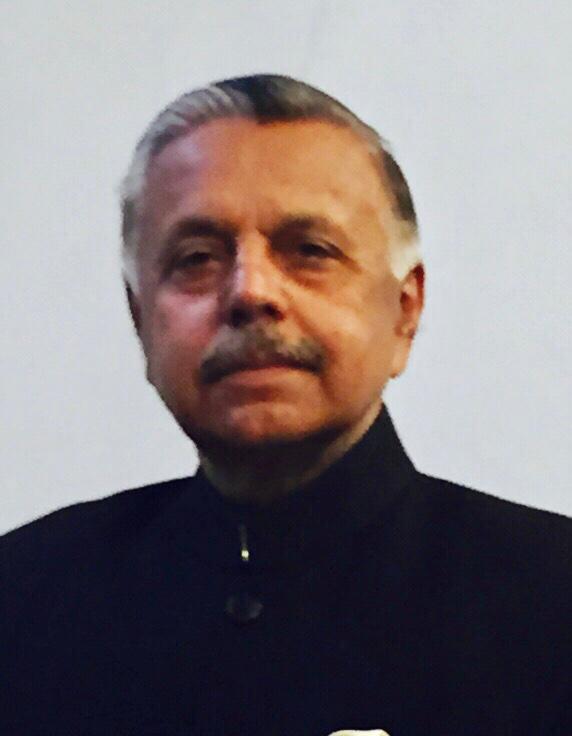


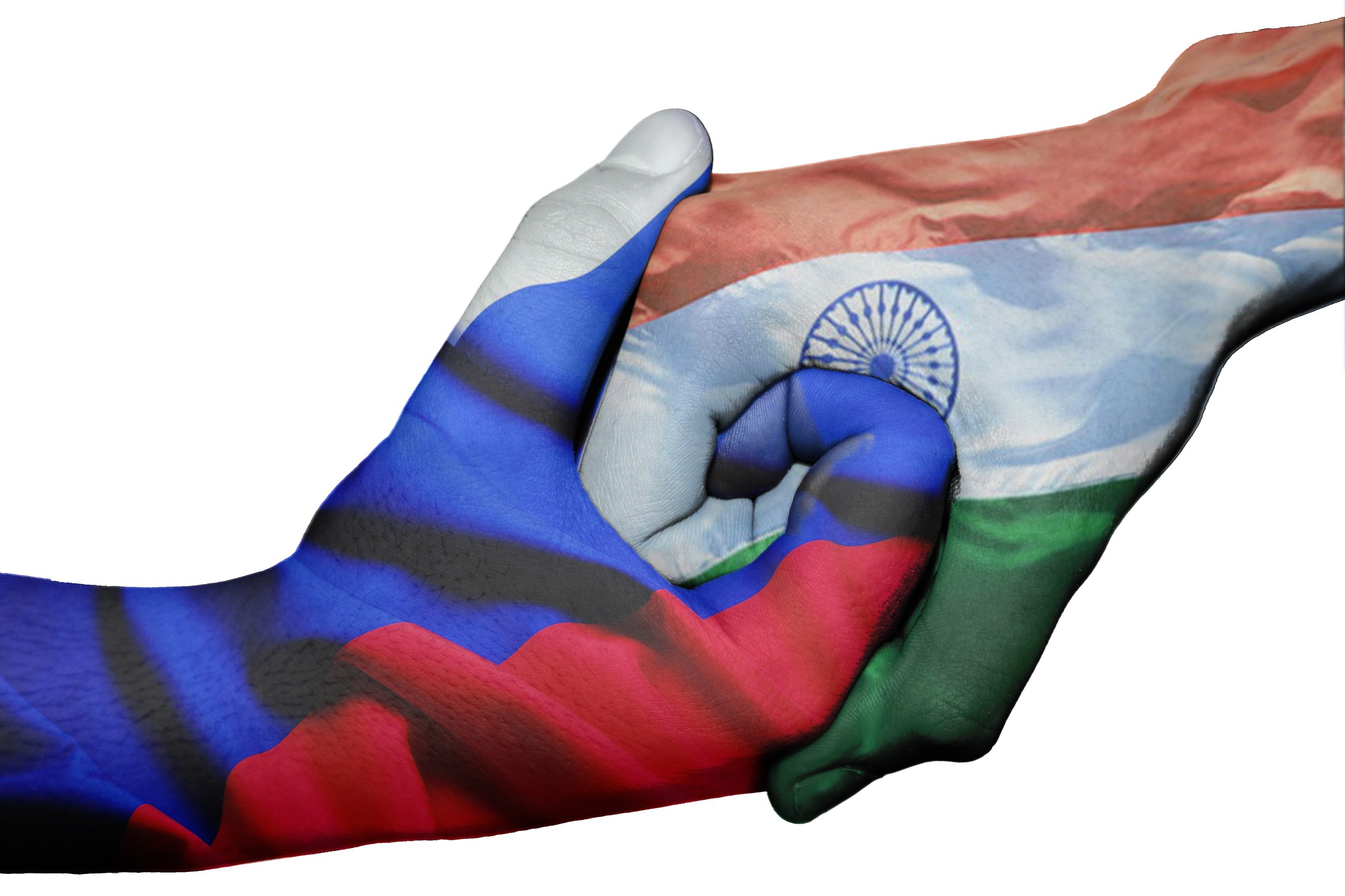
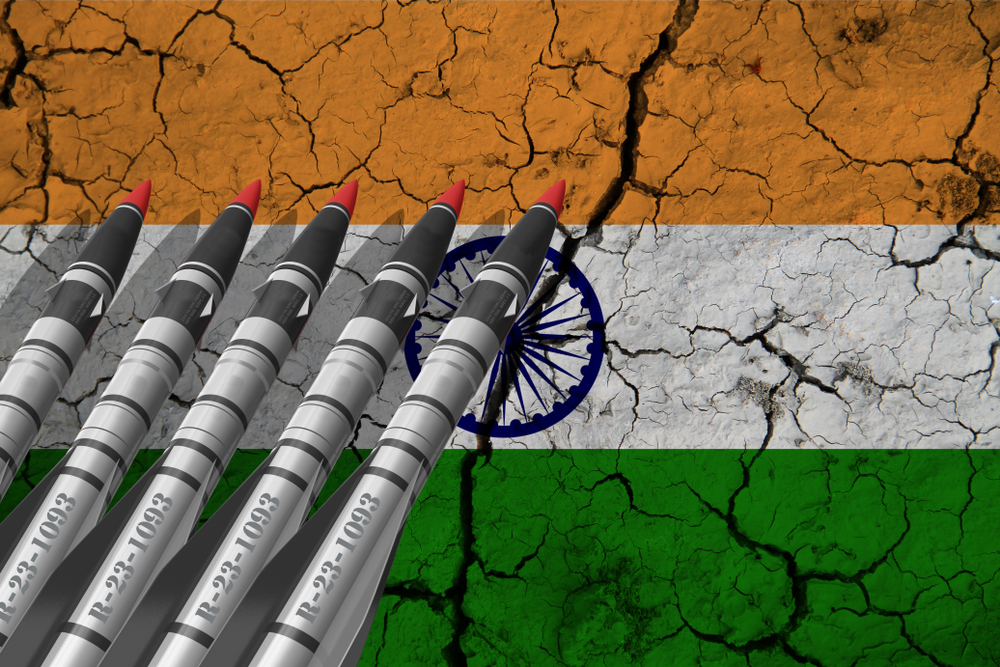

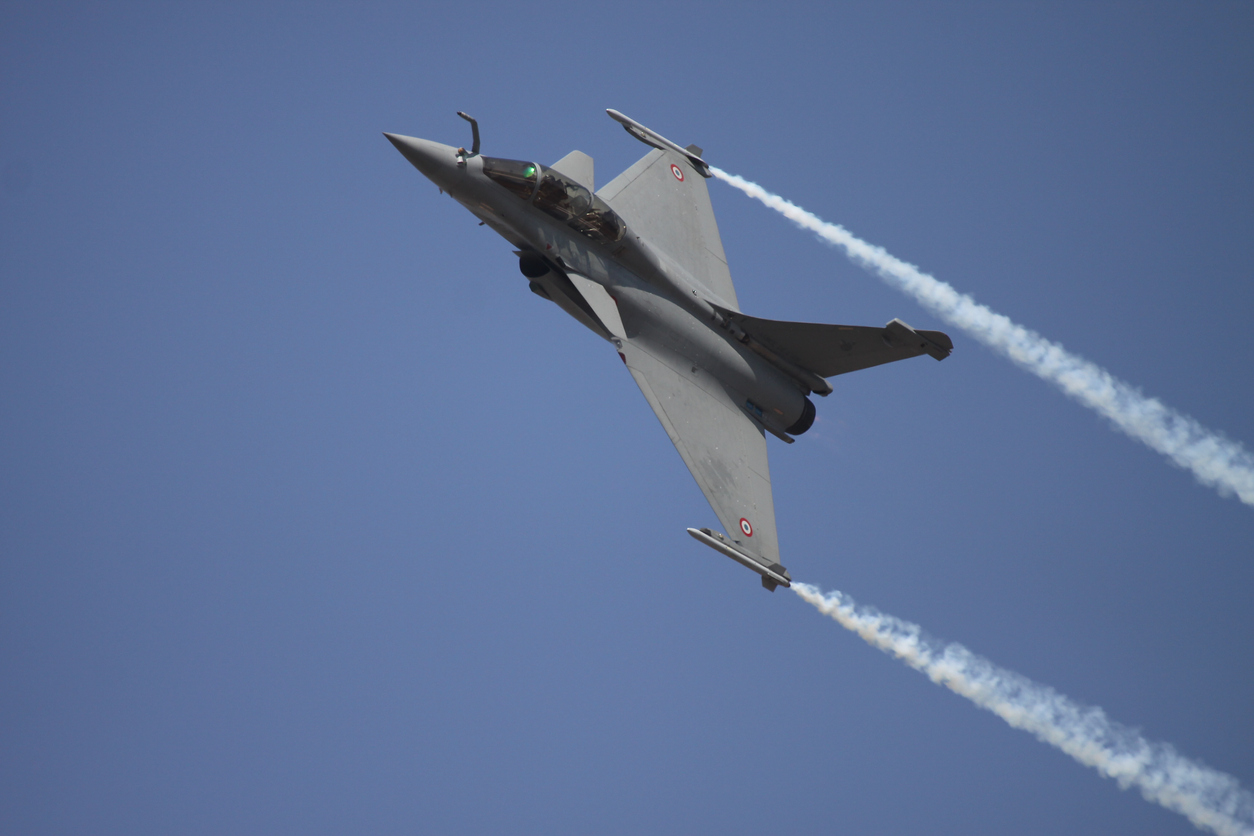
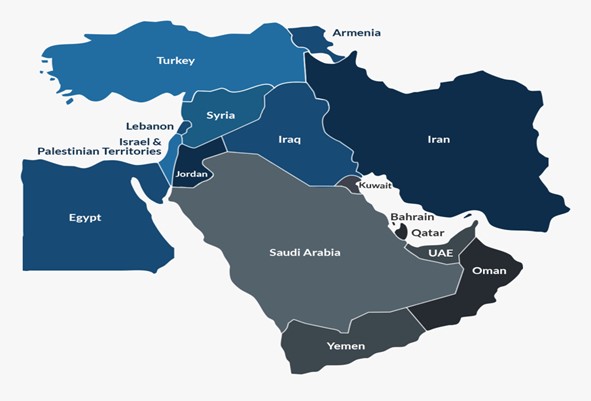

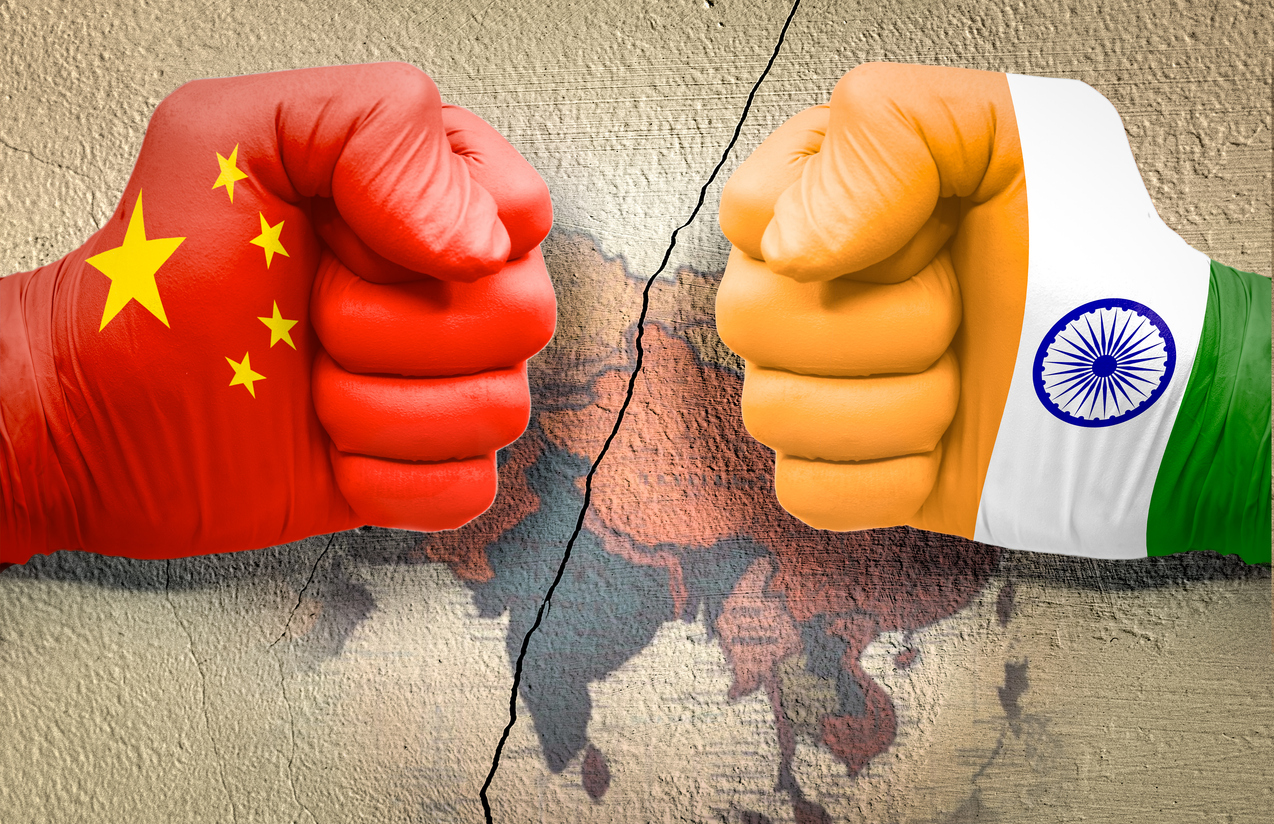








POST COMMENTS (1)
Col G S VIRK (retd )